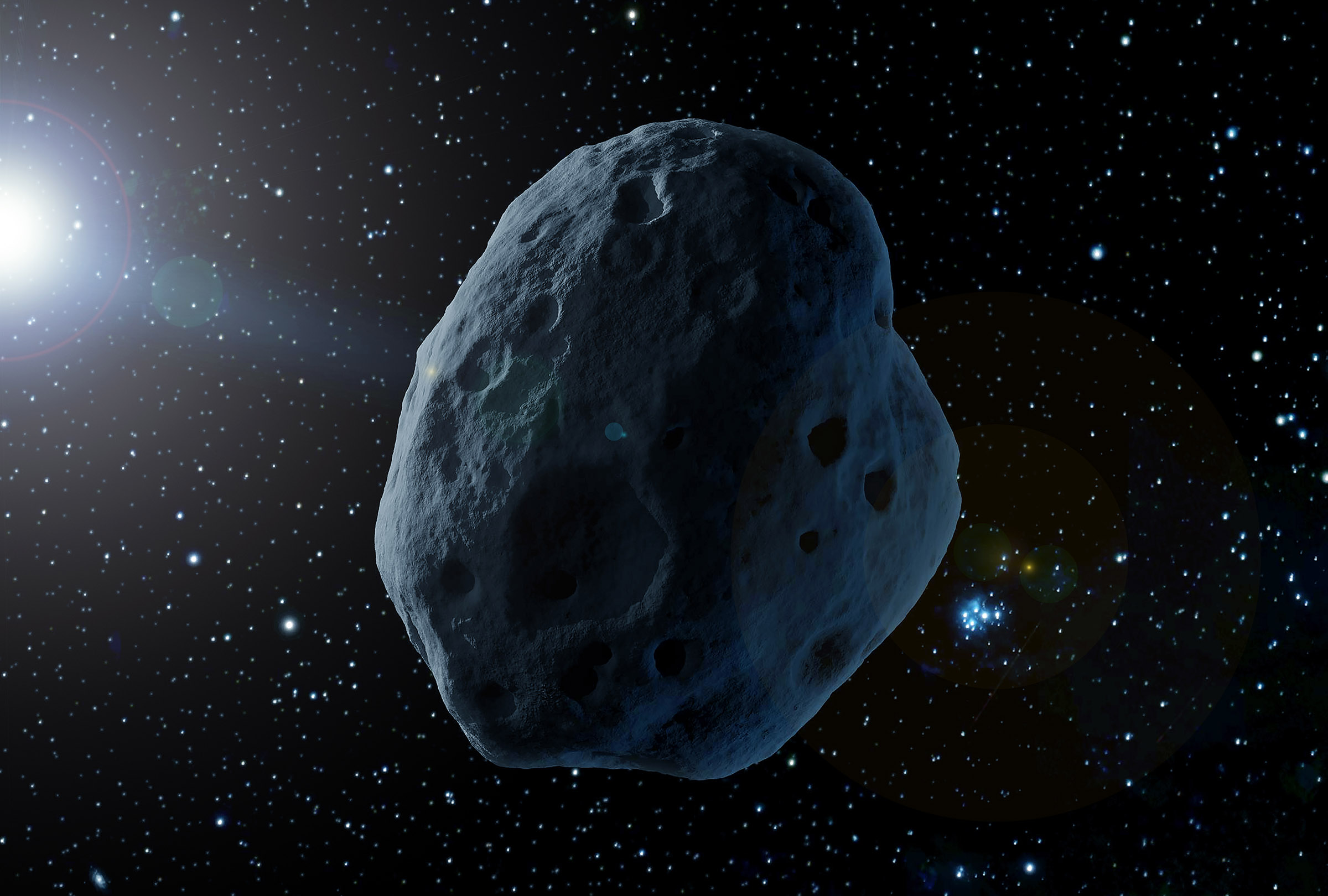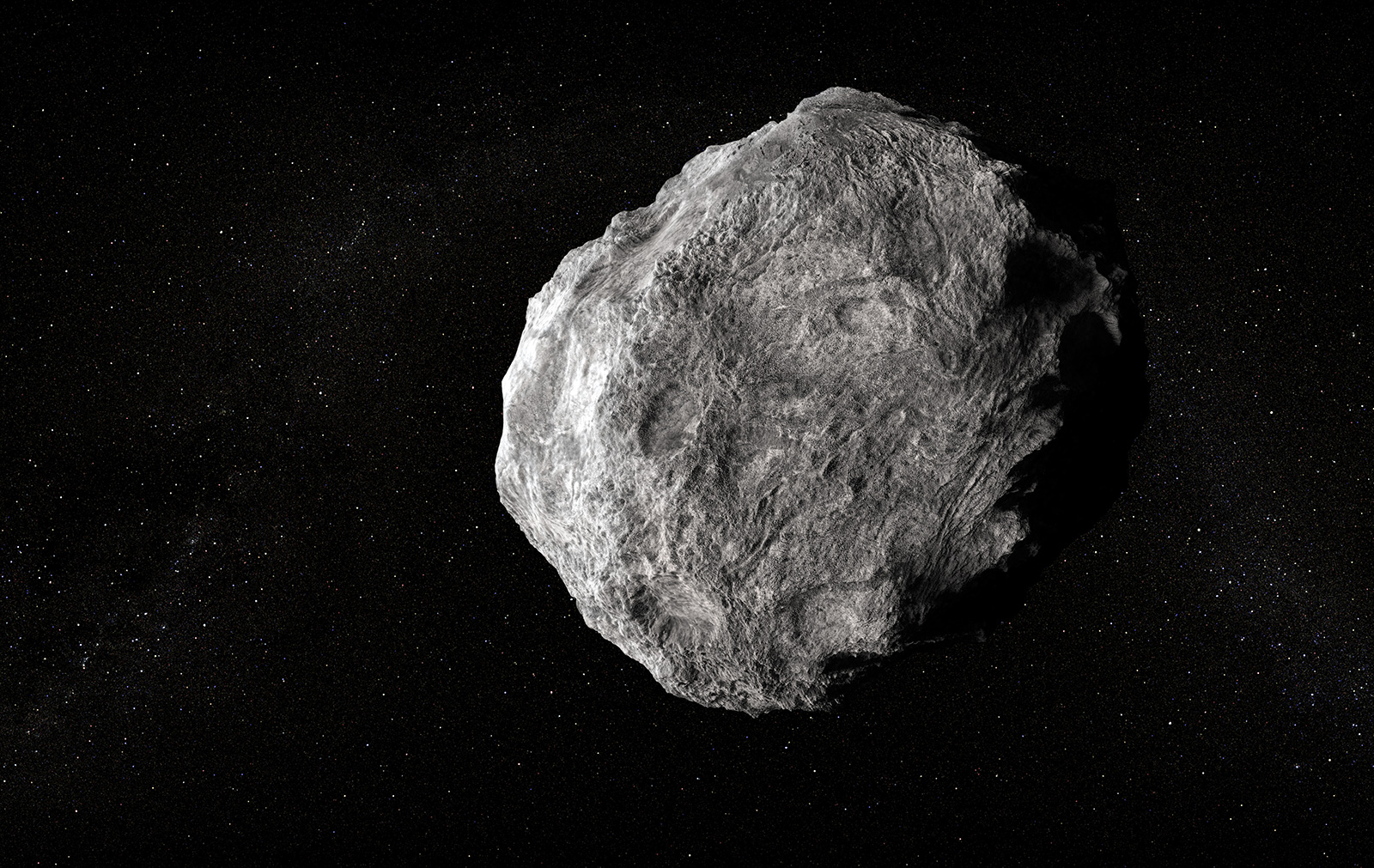Asteroid Day 2024 is coming up, commemorating the explosion of the largest observed asteroid as it struck the Earth above Tunguska in Siberia in 1908. The strike was a small rotation of the Earth away from devastating one of Europe’s more heavily popular regions, and the UN-endorsed day is a good reminder of just how powerful and deadly these iconic cosmic objects can be.
This year, though, as we come up on that fated day, the ESA has shared the news that two massive asteroids—including one asteroid larger than 99 percent of near-Earth asteroids—will pass Earth back to back this week. And, if you have clear skies in some parts of the world, you might even be able to see the asteroids as they pass by, so long as you’re using a small telescope.
The two asteroids set to sweep by Earth this week in time for Asteroid Day 2024 include the recently discovered 2024 MK. This asteroid was just discovered less than two weeks ago. It’s estimated to be between 120 to 260 meters in size. It was first observed on June 16, and will fly by our planet on June 29, during the height of Earth’s Asteroid Day activities, the European Space Agency (ESA) reports.

2024 MK is large for a near-Earth object and is estimated to pass within 290,000 kilometers of the surface of our planet. That’s around 75 percent of the distance between the Earth and the Moon. Of course, there’s no risk of the asteroid impacting Earth at this time.
The second asteroid passing by our planet on Asteroid Day 2024 is much larger and more well-known. Asteroid (415029) 2011 UL21 is estimated to measure 2,310 meters across, making it larger than 99 percent of the other known near-Earth objects that we’ve discovered thus far. It will still be 17 times as far away as the Moon at its closest point to Earth on June 27.
Unfortunately, the only asteroid of the two that will most likely be visible this week is 2024 MK, as the larger asteroid (415029) 2011 UL21 will be much farther away from Earth. Like 2024 MK, though, it poses no risk to our planet.

